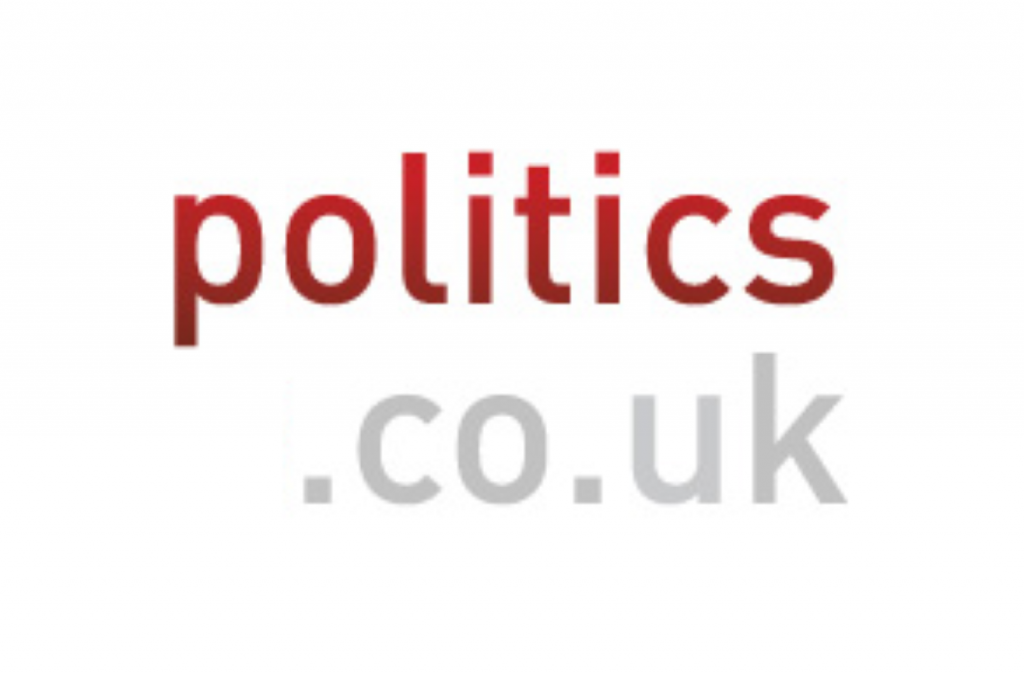Analysis: At last, the Iraq inquiry begins
This is not the Iraq inquiry the government wanted. It’s not really what the impatient public were after either.
By Alex Stevenson
Today Sir John Chilcot has outlined plans for a wide-ranging, largely public investigation into what lessons can be learned from Britain’s involvement in the Iraq war.
When Gordon Brown announced plans for the inquiry last month he said, like the Franks Inquiry into the Falklands war, the evidence would be heard in private.


This would take into account national security considerations and allow the contributions by serving and former ministers, military officers and officials to be “as full and candid as possible”.
Unlike in the 1980s, when public support for the war was much more solid than that for the ousting of Saddam Hussein, the public are simply not prepared to leave the Chilcot Inquiry to its own devices.
The political row which followed Brown’s statement to the Commons underlined this. Downing Street was quickly on the defensive, insisting that whether the inquiry was public or not “had never been an issue of great theology”. But the U-turn which followed was hailed as such.
The result is that, rather than having an inquiry whose sole news impact would be focused on the publication of the report, the British public can now look forward to Iraq inquiry news stories following one after the other. Politicians will spend their time fighting rearguard actions to prevent individual evidence sessions being held in public. Journalists will have a field day.
Or field year, more accurately. For the length of the inquiry is an issue in itself. Timing is everything, as always, and the issue of the looming general election due by next spring helps to sharpen the mind of politicians. The public would prefer to have the inquiry’s conclusions laid before them before polling day, naturally. But as Sir John suggested that seems unlikely.
“We intend to complete our task as quickly as possible, but we are also determined to be thorough,” he explained apologetically at the inquiry’s launch in central London. Voters will be frustrated by this lack of evidence. They, like ministers, will have to settle for the current state of affairs.
So who is more likely to be upset? At least the public have something to look forward to. Evidence sessions with the senior figures in government are bound to bring the issue to the fore again.
Whether that means it will take on the same vote-influencing quality it did at the last general election remains to be seen. Then the protest vote against Tony Blair humbled, but did not destroy, his political power. Since then British politics has moved on. Now MPs’ expenses and the economy will decide who controls the next House of Commons.
So, while the public would prefer the inquiry to complete its work before the general election, they can at least take some solace from the fact this probe will be held openly – most of the time. For that, at least, they should be relieved.












